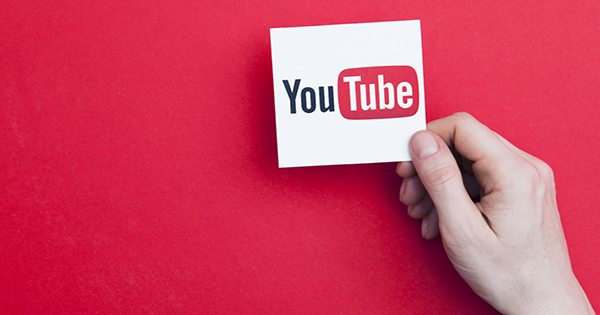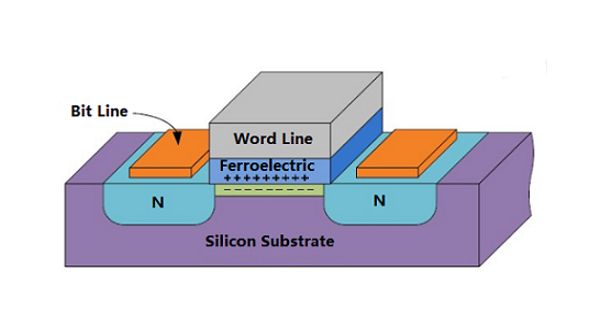Alleged eyeballs have been accused of burning a bag of social ills by feeding users an AI-enhanced diet of hate speech, political extremism, or conspiracy rubbish/chaos for the lucrative purpose of trying to keep billions against YouTube’s video-recommending algorithm for years, stuck on the list. And when Google, the parent technology giant of YouTube, reacted in a short time to hateful negative publicity against the algorithm’s anti-social advice – announcing a few policy tweets or restricting/removing the odd hate account – the platform’s intent to spread the deadly unhealthy clickbot is not real.
Doubt is not so close. New research published today by Mozilla supports the idea that YouTube’s AI continues to pile up ‘bottom-fed / low-grade/divisive/isolated content – stuff that tries to catch people’s eyebrows by triggering people’s anger, stitches/sensitivities Spreading baseless/harmful disinformation – as a result, YouTube’s problem with offering awesome stuff is actually systemic; One of the side-effects of the intense appetite for view collection platforms to serve ads.

Mozilla’s survey – YouTube’s AI still remains – also suggests that the behavior is so bad that Google has been quite successful in shaking up criticism over its claims of over-patronage of reform. The key to its flawed success here is perhaps as a convenient solution to “commercial secrecy” – the primary protection of the algorithmic functions (and related data) of the recommending engine from public view and external surveillance. To fix YouTube’s algorithm, Mozilla is calling for “common-sense transparency laws, better oversight, and consumer pressure” – suggesting a combination of laws that dictate transparency across II systems; Protect individual researchers so they can interrogate algorithm effects, And the empowerment of strong control platform users (such as the ability to choose “personalized” recommendations) that is needed to put pressure on the worst use of the YouTube AI.
At least in Europe – controls that can help crack open-owned AI black boxes are now on the cards. To fix YouTube’s algorithm, Mozilla is calling for “common-sense transparency laws, better oversight, and consumer pressure” – suggesting a combination of laws that dictate transparency across II systems; Protect individual researchers so they can interrogate algorithm effects And the empowerment of strong control platform users (such as the ability to choose “personalized” recommendations) that is needed to put pressure on the worst use of the YouTube AI.
















